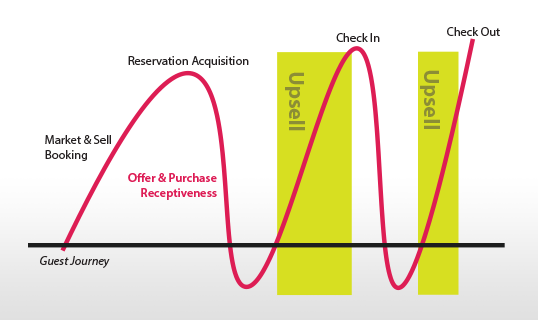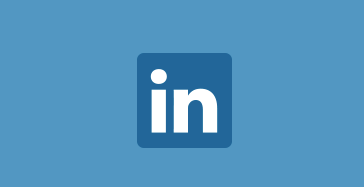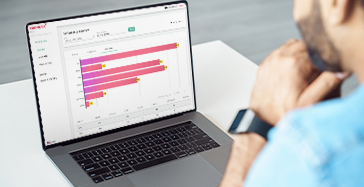Thought Leadership
How hotels can increase share of wallet with incremental offers

In simple terms, share of wallet (SOW) is the percentage of a customer’s total spending that is captured by a business. For hoteliers, once a guest has made a booking, the ultimate goal is to maximize the revenues that the guest generates for each stay. The key to achieving this goal is understanding the guest’s continuously shifting mindset around cost. The potential of conversion of every purchase opportunity after initial reservation acquisition is dependent upon finding the right context to present the offer.
How to capture more share of wallet with fewer incremental offers
It would seem logical that travelers are willing to spend for a better experience. In fact, a national survey shows that 61% of participants would be willing to purchase an additional service if it’s “relevant, enhances their experience, or saves them time or money.” That can mean a larger room, early check-in, late check-out, cocktails, breakfast and other meals, spa, golf, and more. Clearly, upselling has immense potential to enhance the guest experience and capture more share of wallet in the process. Hotels are aware of all of this – but therein lies a problem.
Many hotels are so eager to make a sale of any kind, they try to upsell to guests all in one go – usually at the point of booking or at check-in. This tactic will prove to be mediocre, at best. While well-intentioned, we know from multiple studies that presenting all options at any one time creates choice overload. The result ends up being the same as if they made no offers at all. They bank the initial room product purchase and nothing else.
To increase wallet share, hotels need to entice the 60%+ cohort of guests who are ready and willing to spend, with smaller incremental offers. By breaking choices down and offering them at moments during the customer lifecycle, guests will be more willing to purchase additional products and services. Why? Because a guest has a certain wallet size when making a room reservation. They are looking to get the best price as compared between hotel options. It is hard for them to discern and calculate in additional value options. However, once they make the reservation and feel good about what they paid, their mindset about costs and spending evolves in the pre-stay period.
A guest’s changing attitude towards cost and appetite to spend
During the consumer journey the guest effectively goes through waves of excitement and focus. For instance, once the guest makes their reservation, there is initial excitement around post-booking. The guest is on the peak of a wave and essentially needs to “celebrate” their initial booking. Contrary to what hoteliers might like to believe, now is not the right time to offer any additional hotel services. During this period, the focus is still on the money committed, so guests are less inclined to part with any dollars. But as it gets closer to arrival, the excitement returns. The guest will start to think about the trip and plan for their upcoming stay – “What time will I arrive? Is there parking? Is there something else I might need” etc. This point provides one of many ideal moments to upsell to the guest.

Offering items such as upgrades and/or early check-in are most likely to convert at this time. If a guest was attracted to a higher priced room, say a $200 per night room, but was concerned about spending too much on the reservation, they may have figured they’d be sensible and book the $175 per night room. But that was weeks and weeks ago and now they are close to the trip itself and they are excited for it. Their focus is on the actual trip experience, not the price. Now is the time to offer the better room, only this time the price tag is only $25…more. There are no other hotels competing with you on rate now. Afterall, you already have the customer. The guest sees a beautiful pool-view room with a balcony and they can have it for only $25. That’s a much easier sale than initial acquisition and you have increased your share of wallet.
Similarly, once your guests are mid-stay, they will again be more open to opportunities to enhance it. And believe it or not, capturing more wallet share are not limited to the guest stay – there are still plenty of opportunities during check-out and after their departure. Give them the chance to buy that robe they enjoyed so much! The key is to communicate relevantly timely opportunities throughout the guest journey and thus increasing the probability of conversion and thus the wallet share that is captured by your hotel.
There is no question that upselling can contribute significantly to a hotel’s bottom line. But to be successful, hotels must think further along the guest journey. By using the guest’s emotional journey as a guide, hotels stand to benefit from a guest’s changing attitude towards cost and appetite to spend. And every extra service offered at the right time, not only delivers higher guest satisfaction but extra revenue for your hotel and increased share of wallet.


